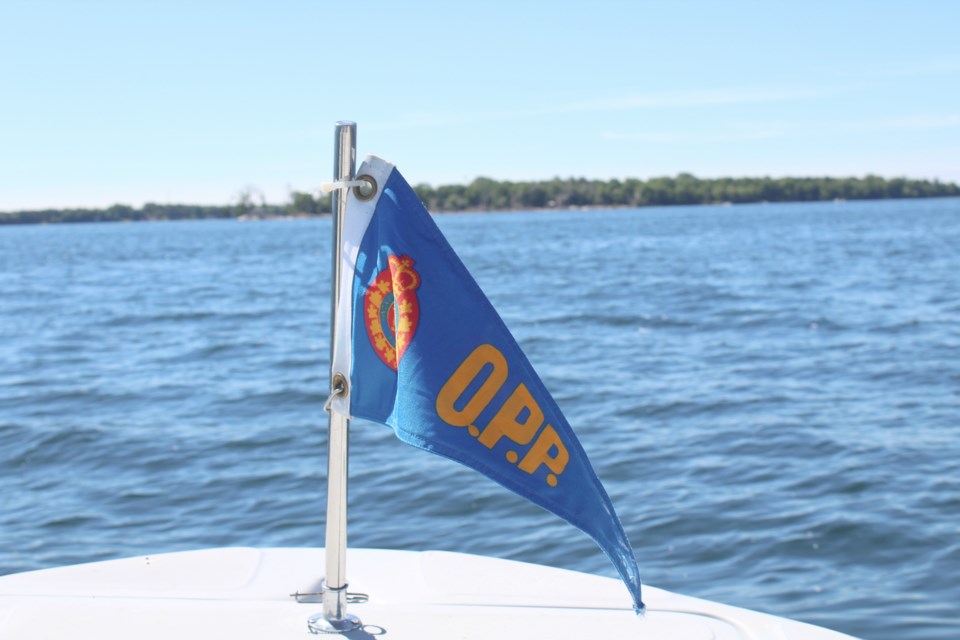It’s been an eventful year on area waterways, for the wrong reasons, and police are reminding people to keep safety in mind.
“We have seen a large number of people utilizing our waterways this year, many of whom might not be experienced boaters, paddleboarders or swimmers,” said Orillia OPP Const. Ted Dongelmans.
That heightened interest in those activities could be attributed, in part, to the pandemic because they are “inherently safer in terms of being distanced, in terms of COVID safety,” he said.
“We have seen a large increase in the number of paddleboarders, canoeists and people driving Sea-Doos,” Dongelmans said, noting there have been fewer large boats on the water because, typically, many are brought here from the United States in the summer.
The inexperience can come at a cost. It has been a factor in some of the tragic incidents — including drownings and collisions — that have occurred this year, so Dongelmans is encouraging everyone to have a plan and proper safety equipment.
“Water safety is a big focus of the OPP currently due to the fact that we have had a number of drownings and near drownings in our region,” he said.
It is now “vacation season,” he added, “so we’re seeing more water usage during the week and not just on the weekends.”
Dongelmans was patrolling Lake Simcoe on Tuesday afternoon and saw several vessels.
He encourages people to check out the Canadian Safe Boating Guide to educate themselves on what type of safety equipment is required for certain vessels. The “No. 1 piece of equipment,” however, is a life jacket. He urges everyone to not just have one, but to be wearing it.
“Water is unforgiving and an emergency can arise in a heartbeat,” he said.
He also advises people to not consume alcohol while operating any type of vessel, to plan ahead for the weather and to let someone know where they’re going and when they plan to return.



